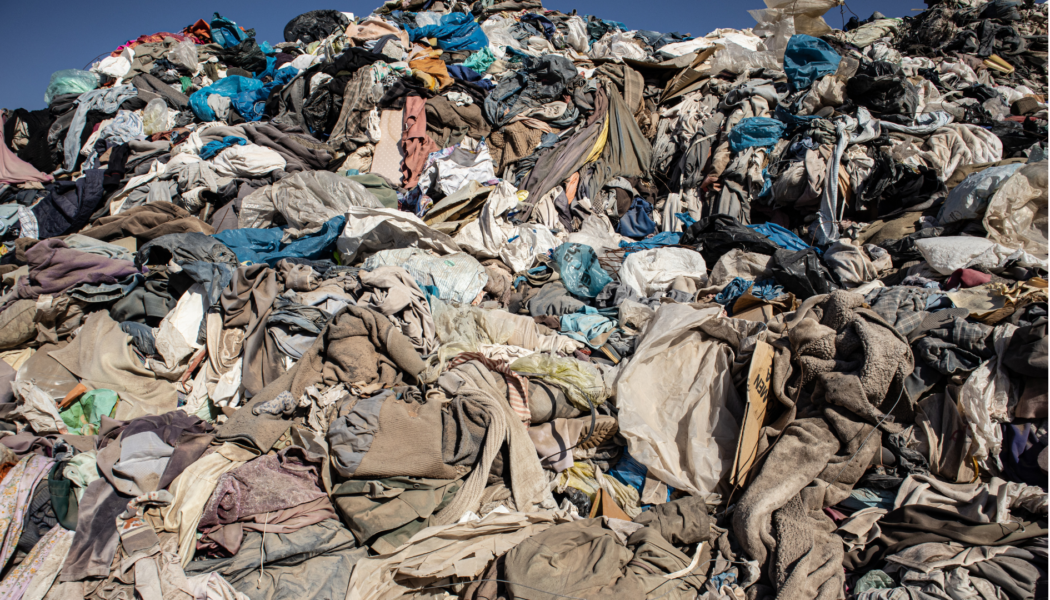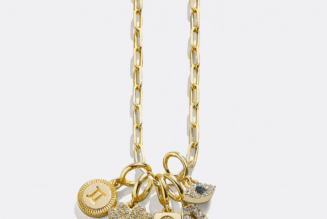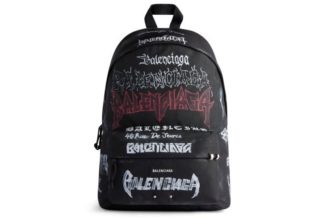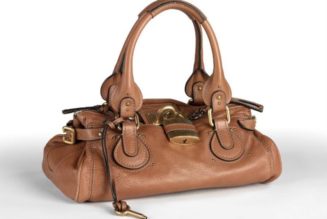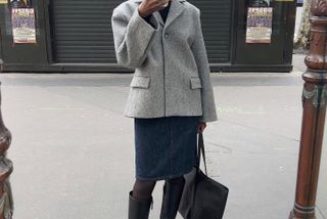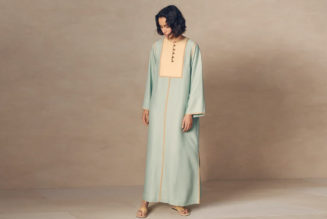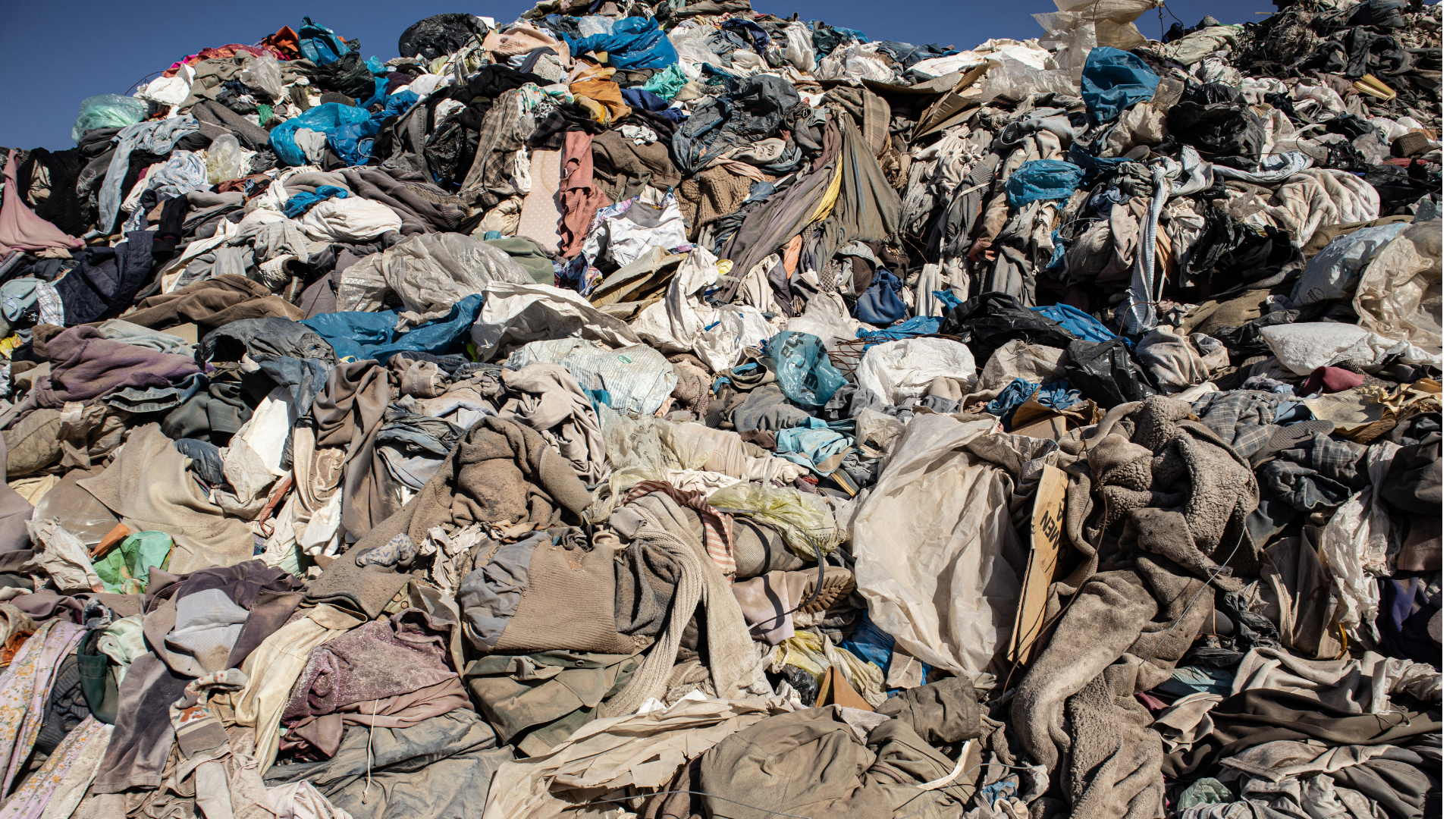
Luxury resale company Vestiaire Collective has announced a slew of fast fashion companies that are now banned on the platform. Today 30 brands including Abercrombie & Fitch, Gap, H&M, Mango, Uniqlo, Urban Outfitters, and Zara were listed. Vestiaire Collective makes the announcement in hopes of creating a more circular economy.
Back in November 2022, the resale platform had already publicly announced that it was banning fast fashion brands from being bought, sold, or listed. Pieces from Shein, Boohoo, Pretty Little Thing, and Asos were then removed from the site. Last year when this decision was made, the company publicly stated that it couldn’t in good conscience, continue to offer pieces by these brands. “Following last year’s initial announcement, Vestiaire Collective saw 70% of members impacted by the ban come back to the platform to shop for better quality items,” the company shared in a statement.
Additionally, the second-hand luxury site is hopeful that with this business move the fashion industry’s overconsumption and textile waste issues will be further addressed. Dounia Wone Vestiaire Collective’s chief impact officer shared that the decision to ban fast fashion was made to support the company’s “long-time work to promote alternatives to the dominant model of fashion,” reports Fashionista.
“Banning more fast fashion from Vestiaire Collective’s website will spark debate,” the company stated. “However with the climate crisis accelerating and 92 million pounds of textile waste thrown away every year, it is a necessary step to reduce fashion’s environmental waste.”
As of November 2022, Vestiaire planned to work with an external consultant to establish a robust set of criteria, notably including metrics like product quality, carbon footprint, and supply chain working conditions. The company expected new regulations on product labeling across Europe to help give more visibility into the data required to make this happen.
“We wanted to reduce waste in people’s wardrobes, and that waste is mainly coming from fast fashion because it has no value, and as a consequence very little resale value,” said Vestiaire president and co-founder Fanny Moizant told Business of Fashion.
Promoting responsible consumption is the key goal of Vestiaire Collective’s decisions.
